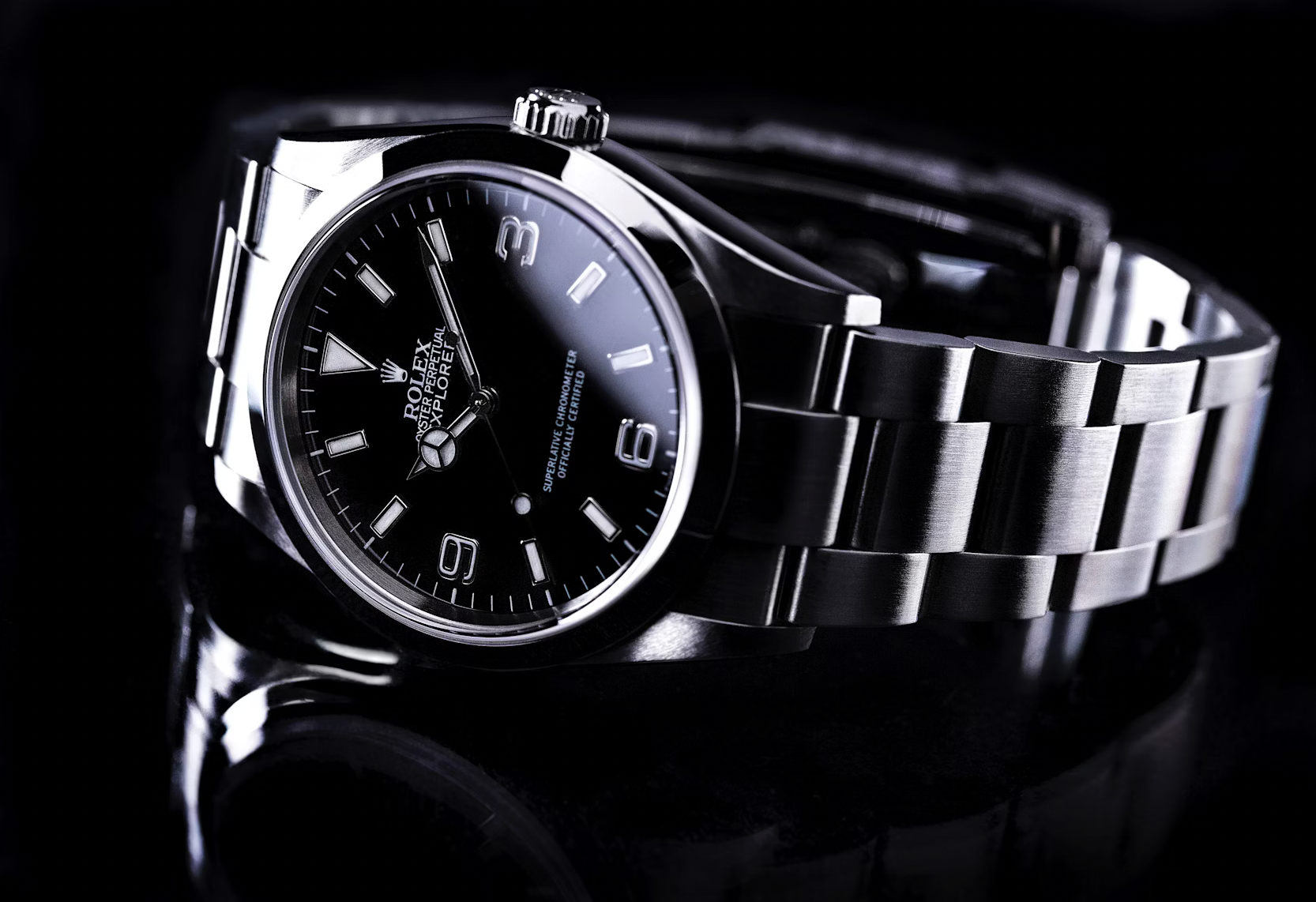Gucci, the nearly 100-year old fashion house, which is currently owned by Kering, was – like many other luxury brands – founded and initially run as a family business. Founded by Guccio Gucci in Florence in 1921, Gucci was run largely by Mr. Gucci and his successors up until the late 1990’s. With that in mind, the Gucci family and the brand (which no longer includes any Gucci family members in its ranks) have – unsurprisingly – been in and out of court over the years in connection with battles over the family name-turned-brand name.
Paolo Gucci v. Gucci (1988)
One such fight took place in Gucci v. Gucci Shops, Inc., a case that involved Paolo Gucci, the grandson of Gucci founder Guccio Gucci, and which was labelled by the U.S. District Court for the Southern District of New York (“SDNY”) in 1988 as “but a skirmish in one of the most publicized family disputes of our time, among the heirs of Guccio Gucci, who founded the business empire which bears his name.”
Paolo had built a reputation for himself while employed in the family business, before launching his own label “designing lamps, sunglasses, furniture, sleep wear, bedding accessories and fabrics, wall coverings, ladies’ underwear, lingerie, plates and flatware.” In filing suit against Gucci, he asked the New York federal court to award his a declaratory judgment “that: (1) he has the right to use his name Paolo Gucci in the United States in his business of designing and developing products; (2) he may authorize third parties to use his name Paolo Gucci in connection with products designed by him or under his supervision; and (3) that such use of his personal name does not infringe the trademark or other proprietary rights of defendant Gucci or otherwise compete unfairly with Gucci.”
Additionally, Paolo set forth claims of unfair competition and tortious interference with his business and contractual relations based on threats and allegedly unsupported claims by defendant which have effectively prevented plaintiff from proceeding with his business ventures.
As noted by the SDNY in its decision, the court was particularly concerned with preserving the grandson’s right to identify his designs. In this context, the court held that Paolo enjoined from using his family name alone as a trademark but was allowed to use Paulo Gucci to identify himself as the designer of products marketed under a different mark with a disclaimer that he was no longer affiliated with any of the GUCCI entities.
Gucci America Inc. v. Jennifer Gucci (2010)
Another one of the family’s battles centered on Paolo Gucci, or better yet, his widow, Jennifer Gucci, and his daughter, Gemma Gucci, who purported to enter into licensing agreements for the use of the trademarks JENNIFER GUCCI and GEMMA GUCCI on a wide range of products, including coffee, bedding, housewares, cosmetics, hosiery, handbags, wine, and gelato.
Not surprisingly, the Gucci’s – and their business partner Edward Litwak – were sued by the design house for trademark infringement and trademark dilution. The Gucci brand sought upwards of $3 million damages in connection with such claims.
Jennifer Gucci and Gemma Gucci attempted to defend their use of the trademarks by arguing that their uses were consistent with the limitations placed on Paolo Gucci in the aforementioned lawsuit. The trial court disagreed, and the court enjoined the defendants from using or attempting to register the JENNIFER GUCCI and GEMMA GUCCI trademarks on or in connection with any of the products.
In refusing to allow the Gucci’s to use their names in a commercial manner, the SDNY held that unlike Paolo, neither Jennifer nor Gemma Gucci had any “reputation, skill or knowledge as a designer of any of the products at issue.” The court stated that the vast majority of products licensed by Jennifer Gucci and Gemma Gucci did not include a disclaimer that they were not affiliated with the more famous Gucci brand.
The court further noted that Jennifer and Gemma Gucci had both unsuccessfully attempted on several occasions to obtain federal trademark registrations for JENNIFER GUCCI and GEMMA GUCCI, which were rejected by the U.S. Patent and Trademark Office (“USPTO”) because of confusing similarity to the existing GUCCI trademarks.
The court did, however, authorize Jennifer and Gemma Gucci to use their full names in connection with future new products or services not involved in the lawsuit, as long as they receive prior written approval for any such proposed use from the USPTO; their use relates to products or services actually designed by (or selected by) Jennifer Gucci and/or Gemma Gucci; and all uses of “Jennifer Gucci” and/or “Gemma Gucci” must be accompanied by a disclaimer, prominently displayed and unambiguously stating that Jennifer and/or Gemma Gucci are not affiliated or associated in any way with Gucci or its products – among other things.
Gucci v. Guccio Gucci and Alessandro Gucci (2012)
In 2008, Guccio and Alessandro Gucci – great-grandsons of Gucci founder Guccio Gucci – founded fashion brand, ToBeG Srl. As part of its marketing campaign and Internet presence, ToBeG used the names “Gucci” and “Guccio Gucci.”
Kering – which was then still going by the name PPR – sued ToBeG in Florence for trademark infringement and unfair competition. Finding in favor of Gucci, the court held that ToBeG’s marketing campaign amounted to unfair competition, as it aimed to take advantage of the goodwill and reputation associated with Gucci’s brand and product, and would likely create confusion with the existing trademarks of the more famous Gucci brand.
Gucci v. Gucci (2017)
The latest battle – a threatened lawsuit that never actually made it to court – comes by way of an unsuspecting Italian family, which recently found itself in a legal scuffle with fashion house. In 2016, the Tuscan family – whose last name also happens to be Gucci – opened Gucci Bistro, a restaurant located just northwest of Florence, Italy.
Headquartered in Florence, Gucci, the nearly 100-year old fashion house, reportedly threatened legal action against the unrelated family on trademark grounds, citing the potential confusion that their similarly-named bistro could cause amongst consumers.
The potential lawsuit never actually went to court because the Gucci Bistro founders decided to cooperate with the Italian fashion house rather than fight it, and changed its name to “GI” with an additional condition that Gucci would split the cost of both new outdoor signage and new business cards.














